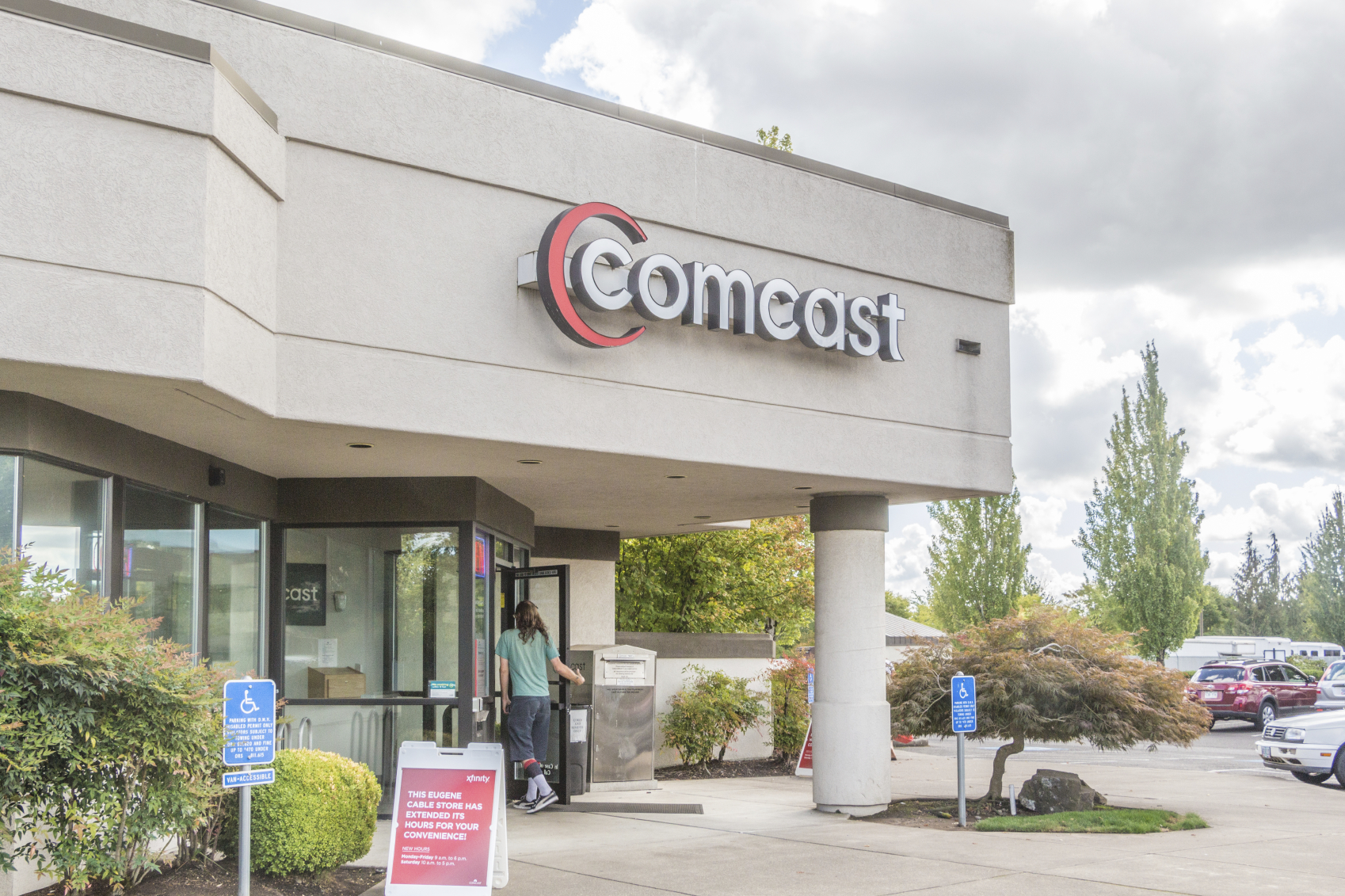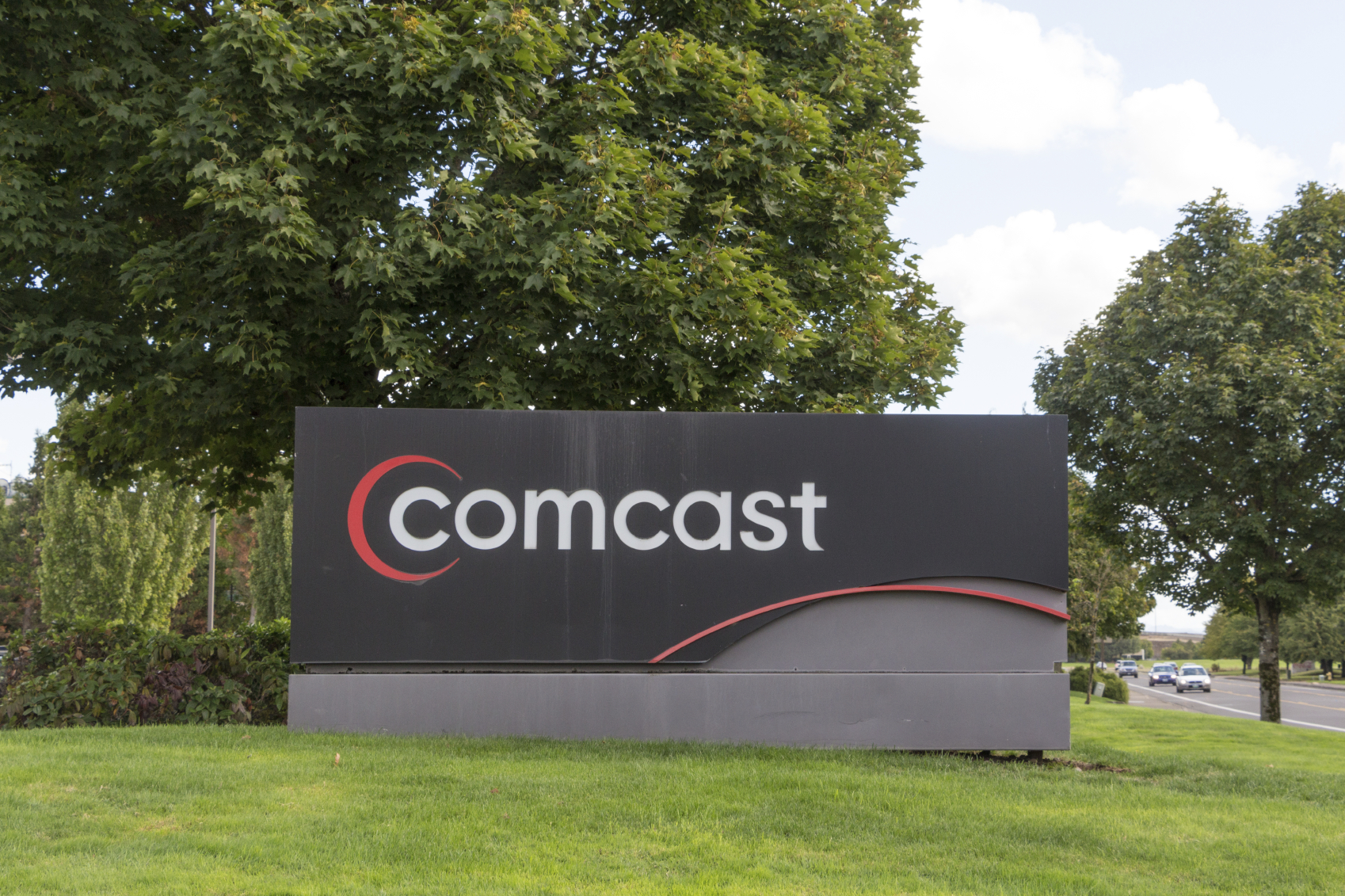Comcast announced on Monday, Stream, a new OTT streaming service for its Xfinity customers. Stream will offer laptop and mobile access to HBO and all 4 major broadcasting networks. At just $15 per month, it has a competitive price that could help it challenge the likes of Sling TV. Previously, cable service providers typically saw the rise of OTT services as threats to their TV business. But as TV continues to transition from linear viewing to on-demand, web-based streaming, it only makes sense for a cable provider like Comcast to throw its hat into the ring to keep up with the changing audience behaviors.
Source: The Verge


